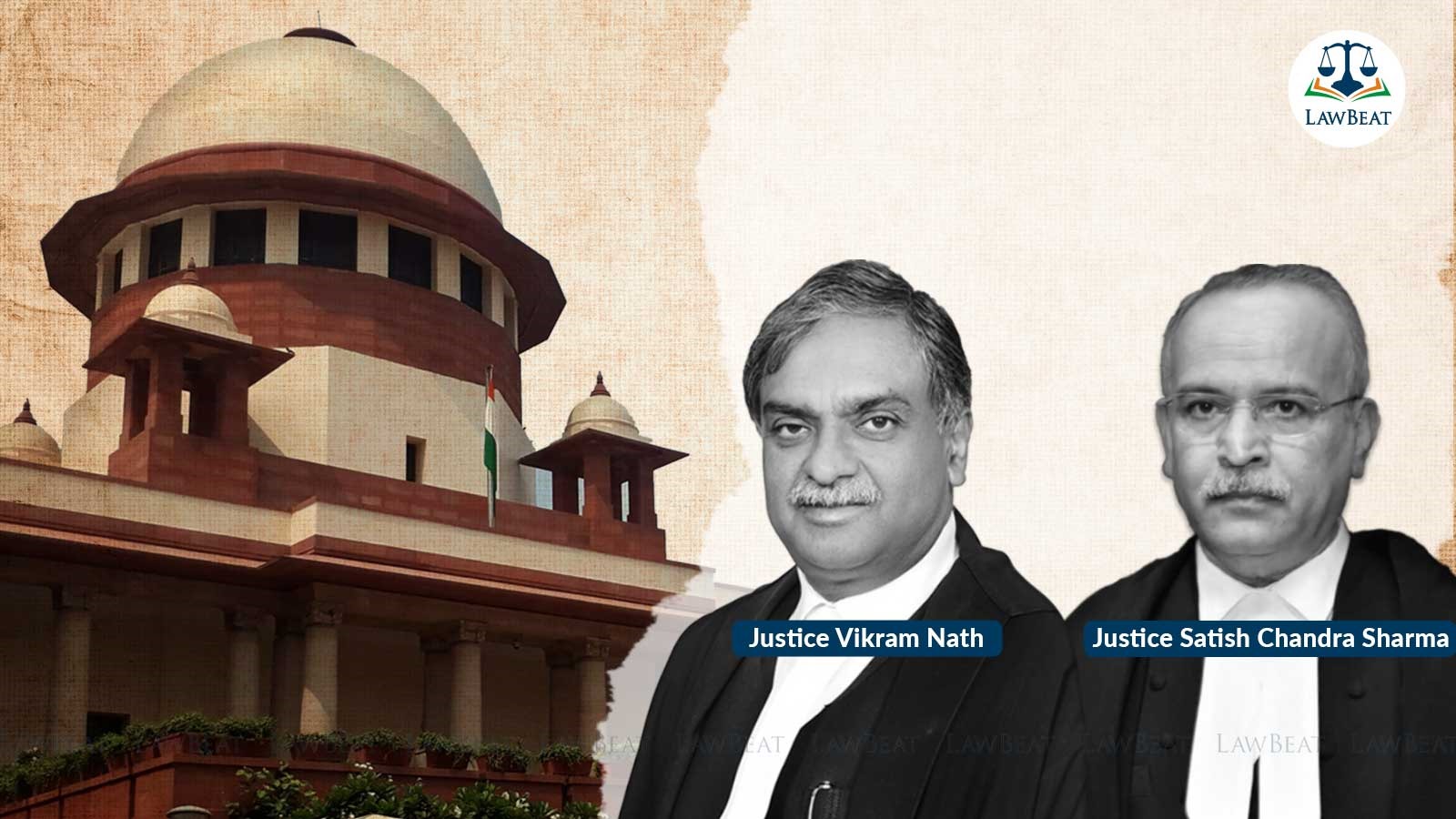Sale deed won't be void just due to pendency of suit: SC

Court has said the doctrine of lis pendens under Section 52 of Transfer of Property Act merely renders rights arising from such transfers as subservient to the rights of the parties to the pending litigation and subject to any direction by the court
The Supreme Court has said the mere fact that the registered sale deed was executed during the pendency of an underlying suit does not automatically render it null and void.
A bench of Justices Vikram Nath and Satish Chandra Sharma said this while permitting the impleadment of a transferee pendente lite is, in each case, a discretionary exercise undertaken to enable a purchaser with a legally enforceable right to protect their interests especially when the transferor fails to defend the suit or where there is a possibility of collusion.
The court reiterated the settled position that the doctrine of lis pendens as provided under Section 52 of the Transfer of Property Act does not render all transfers pendente lite to be void ab-initio, it merely renders rights arising from such transfers as subservient to the rights of the parties to the pending litigation and subject to any direction that the court may pass thereunder.
It thus allowed an appeal filed by Yogesh Goyanka against the Rajasthan High Court's order by which a writ petition filed by him was dismissed.
The appellant had approached the High Court upon dismissal of his impleadment application by a court of Additional District Judge, claiming he had purchased the subject land measuring 2.38 acre in Hindaun city in Rajasthan for collective consideration of over Rs 1.51 Cr.
Senior Advocate C A Sundaram, appearing for the appellant, contended there is no bar to the impleadment of a transferee pendente lite, even when the transferee has prior knowledge of pendency. The appellant after paying the full consideration, obtained a registered sale deed in his favor and is therefore entitled to the protection of his interests in the subject land, he argued.
On the other hand, Senior Advocate V K Shukla for the plaintiffs contended that the appellant is not entitled to impleadment as he is not a bona fide purchaser. He argued that despite having knowledge of the pendency, no permission was sought from the court to execute the registered sale deed and hence, the appellant is not entitled to any relief.
Top Court noted the mere fact that the registered sale deed was executed during the pendency of the underlying suit does not automatically render it null and void. "On this ground alone, we find the Impugned Order to be wholly erroneous as it employs Section 52 of the Act to nullify the RSD and on that basis, concludes that the impleadment application is untenable," the bench said.
The court noted it is a fact that the plaintiffs and defendants are relatives. More importantly, plaintiffs approached the court in the underlying suit after a substantial delay of 11 years whereas admittedly, the revenue records were mutated to reflect the name of Respondent No 21 (whom the land was sold) since 2007.
"Therefore, in the considered opinion of this court, considering the totality of the circumstances in this case, including the fact that the trial has not progressed significantly, the appellant herein, in the interest of justice, is entitled to impleadment in the underlying suit in order to protect his interests, if any, in the subject land," the bench said.
